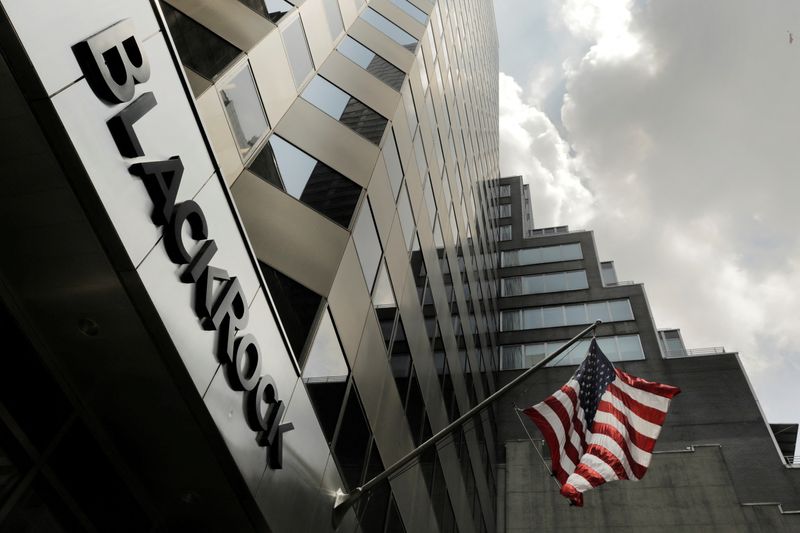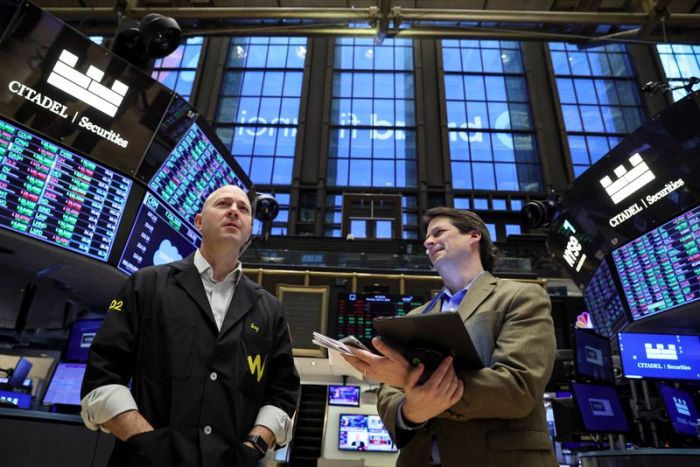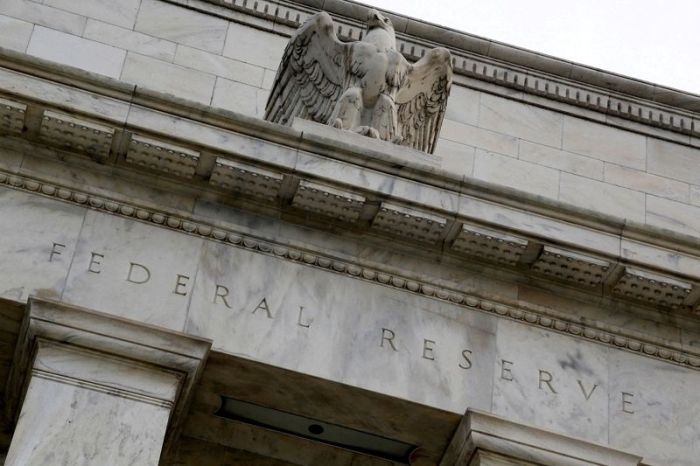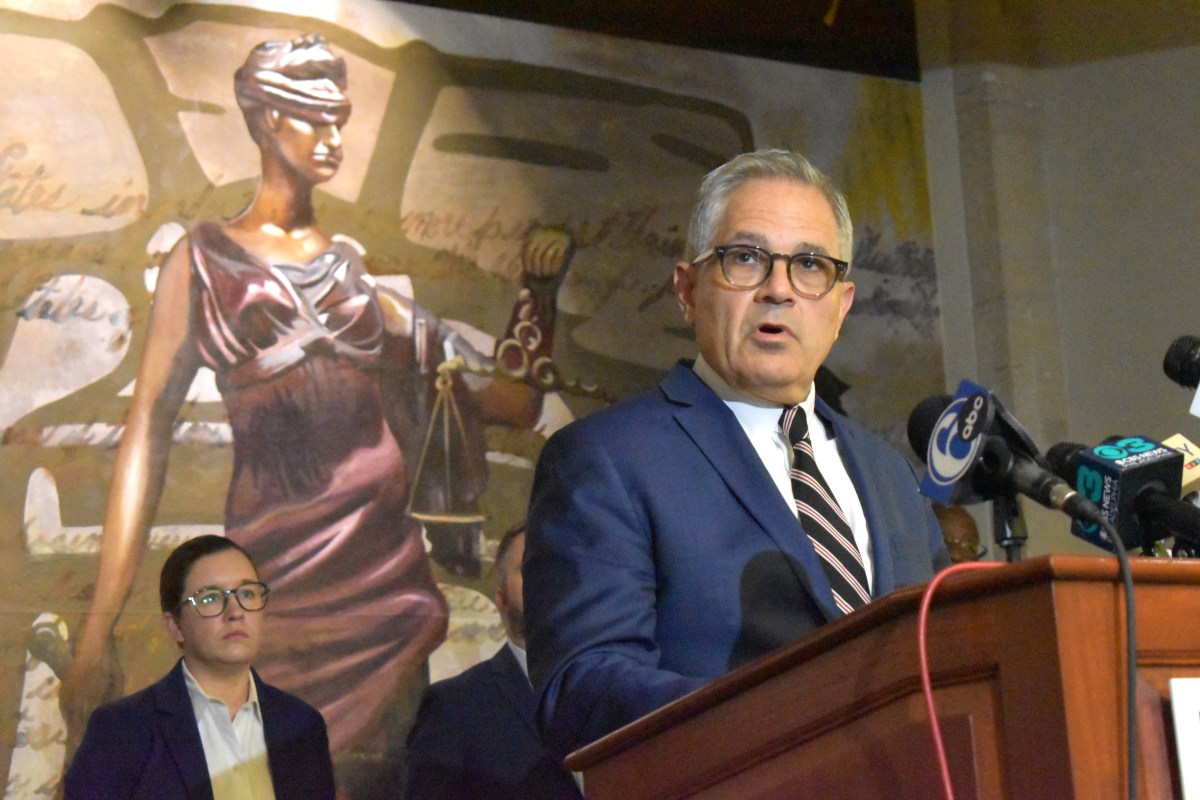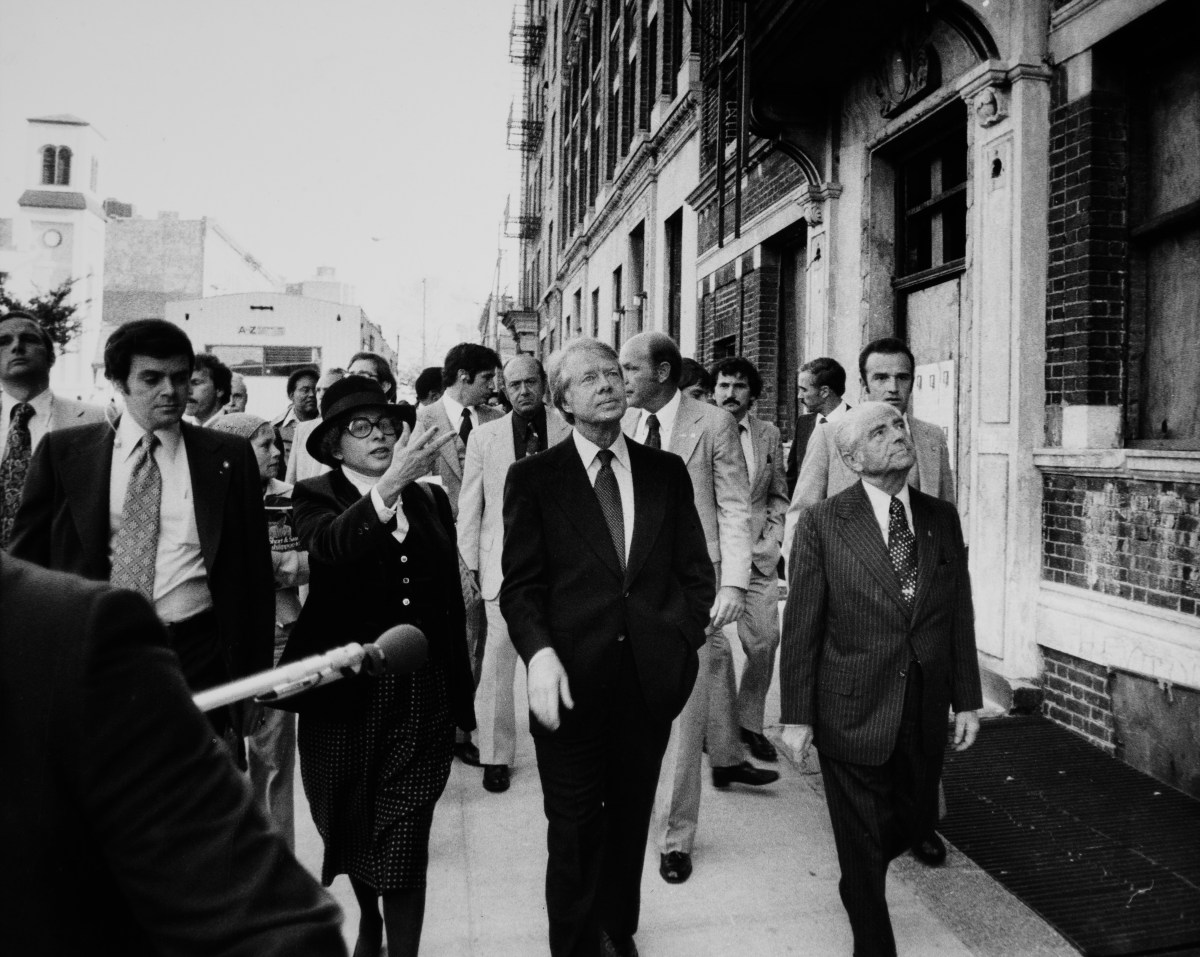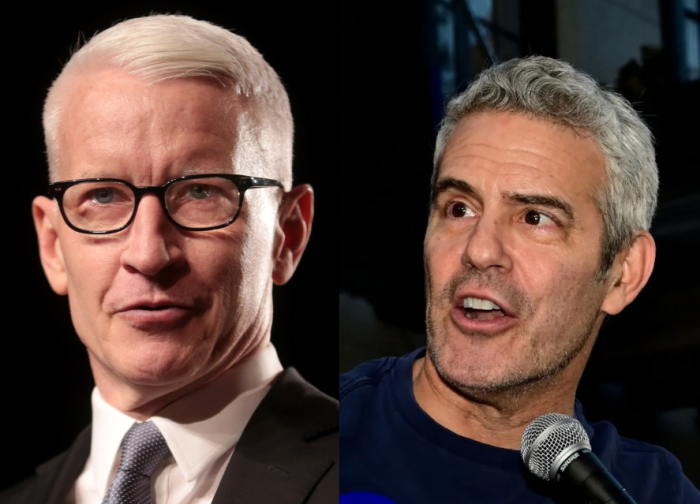(Reuters) – BlackRock Inc showed assets under management back below $10 trillion, hurt by the market rout in the first quarter, and cautioned that fees could come under pressure over the rest of the year because of volatile markets.
Still, BlackRock posted a better-than-expected quarterly profit as the world’s largest asset manager benefited from investors continuing to pour money into its various index-traded and active funds.
“Our clients are trying to understand the implications of the rapidly changing investment environment,” said Laurence D. Fink, chairman and chief executive, who pointed to Russia’s invasion of Ukraine as creating “a supply shock in commodities that is further increasing inflation.”
Adjusted profit rose to $1.46 billion, or $9.52 per share, in the three months ended March 31, from $1.2 billion, or $8.04 per share, a year earlier. Analysts on average had expected a profit of $8.75 per share, according to Refinitiv IBES data.
The New York-based firm ended the quarter with $9.57 trillion in assets under management. While that was up from $9.01 trillion a year earlier it was down from its record $10 trillion in the fourth quarter 2021.
The quarterly drop occurred mainly due to the sell-off in equities and fixed income markets, although there were also some outflows in retail fixed income and cash management. That was driven by redemptions from offshore prime and U.S. government money market funds, BlackRock said, in line with the broader money market fund industry.
As investors anticipate that the U.S. Federal Reserve will aggressively hike rates to combat sky-high inflation, bond yields have shot higher and the yield curve has inverted, which many see as an omen for a pending recession.
“Across the board, you’re seeing portfolios are being navigated around fixed income,” Fink said, adding that clients “are reevaluating where they should be across the yield curve.”
Flows into the asset manager’s funds remained positive, attracting total net flows of $86 billion in the first quarter, down from $172 billion a year earlier, primarily due to seasonal cash management outflows of $27 billion.
BlackRock predicted recent market volatility could result in lower performance fees from liquid alternatives and long-only products during the remainder of the year, according to Chief Financial Officer Gary Shedlin.
Despite the results beat, BlackRock’s shares closed down marginally at $715.74. They fell nearly 17% in the first quarter.
“The risk for this year is that visibility is low, and there’s a lot of uncertainty and that’s a negative for the stock,” said Cathy Seifert, an analyst at CFRA, adding over the longer term, there still remains several positive growth catalysts at the firm.
Total revenue rose about 7% to $4.69 billion, helped by higher investment advisory and administration fees. That compared with estimates of $4.73 billion.
(Reporting by Sohini Podder in Bengaluru and Carolina Mandl in New York; Editing by Megan Davies, Sriraj Kalluvila, Andrea Ricci, Cynthia Osterman and Bernard Orr)

